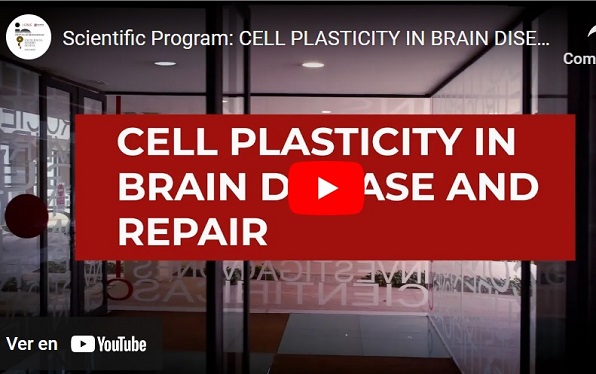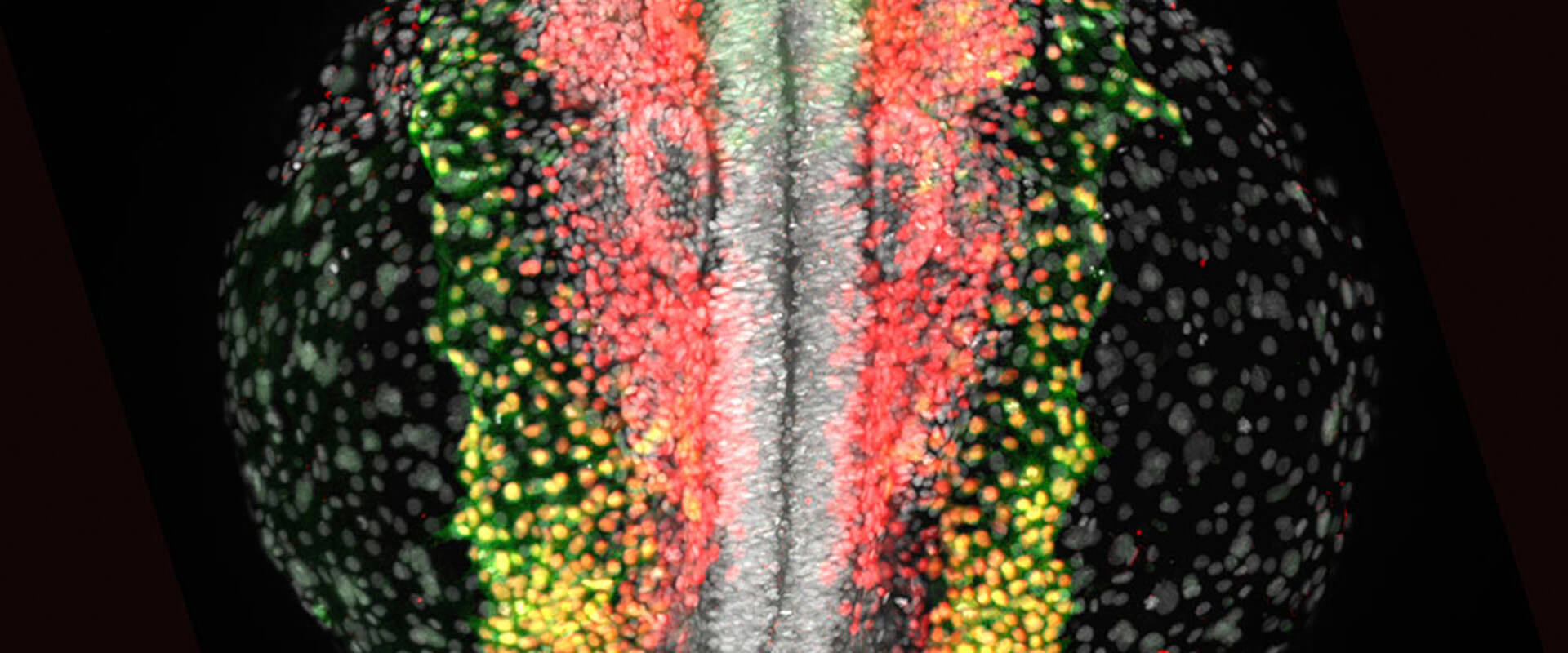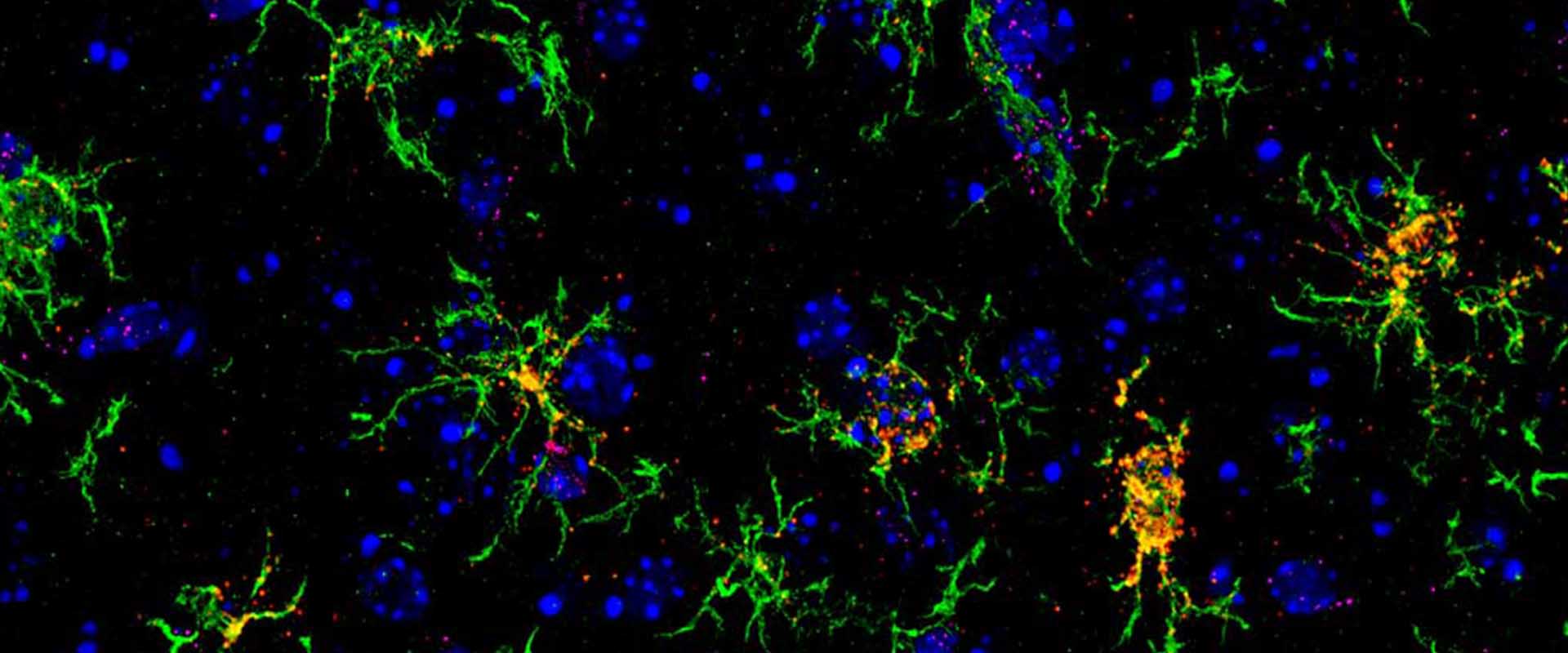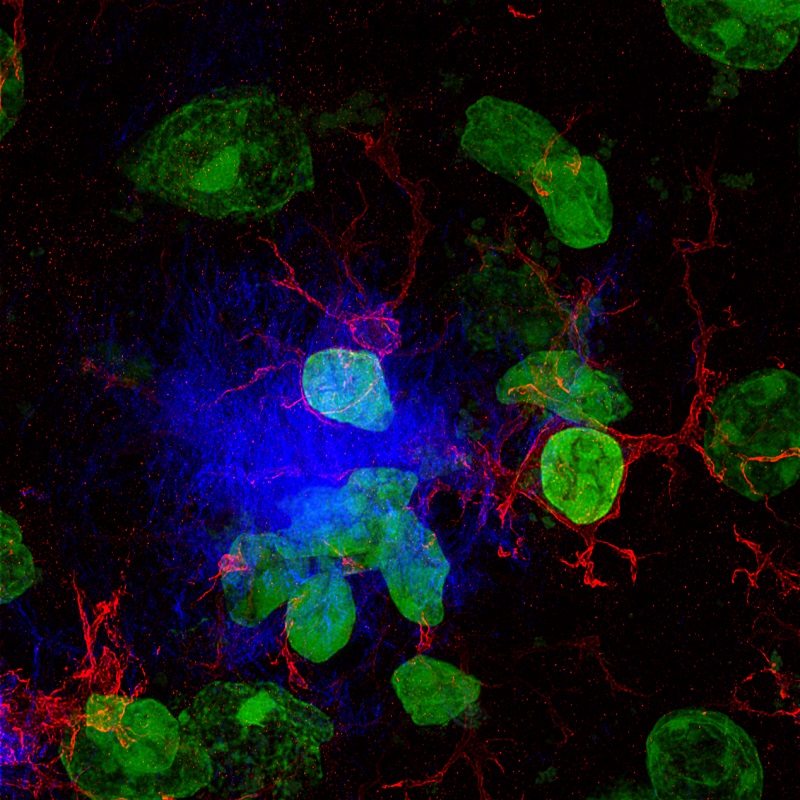Cell plasticity in brain disease and repair
Our program aims to better understand how cell plasticity, a property by which cells change their phenotype, contributes to different forms of disease, but also how it could be exploited to revert them. Cell plasticity allows to respond to physiological and pathological stimuli, compensate for gene defects and losses, and induce repair, immunomodulation and cell survival. However, cell plasticity can also promote hyperproliferative and degenerative processes that induce diseases such as cancer, fibrosis and neurodegeneration. Therefore, a better understanding of how phenotypic plasticity is regulated, leading to disease progression or regeneration, is crucial to identify better therapeutic strategies for these devastating diseases. We leverage our combined expertise in cell plasticity to understand how it operates in diseases whose prevalence increases with ageing, including cancer and neurodegenerative diseases. The ultimate goal of this joint effort is to propose new therapeutic strategies to treat cancer and promote regeneration in the nervous system.

 Español
Español




